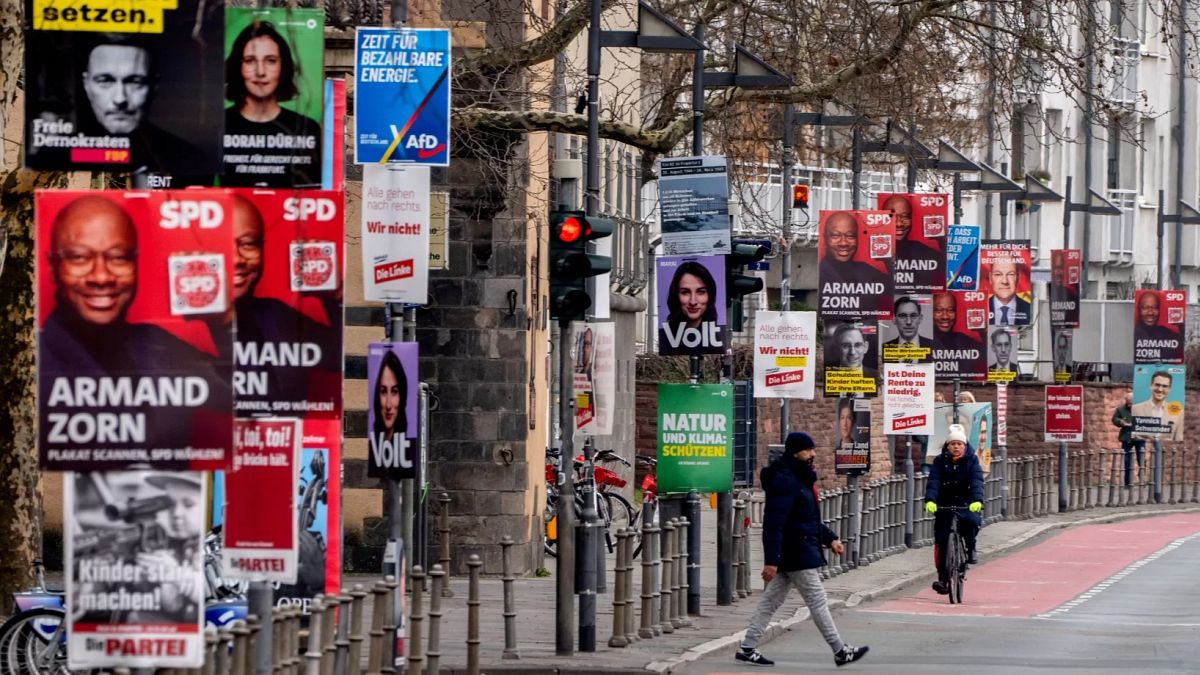

As the world continues to navigate complex socio-political landscapes, recent events have brought significant attention to the interconnectedness of regional and international issues. From the unexpected deaths of political candidates in Germany to the challenges of digital age threats in Europe, and humanitarian concerns in the Middle East, these stories underscore the nuances of our global environment.
In Germany, a substantial number of candidates affiliated with the far-right Alternative for Germany (AfD) party have passed away ahead of local elections. Spanning various regions, these deaths have given rise to a wave of speculative narratives and conspiracy theories circulating through social media platforms. Authorities have meticulously investigated the circumstances surrounding these incidents. Their findings have consistently pointed away from foul play, offering reassurance to the public. The German police, in their discussions with the press, affirmed that no evidence suggests any kind of third-party involvement in these unfortunate events, thereby aiming to quell concerns and promote calm.
Turning our focus to the Baltic region, Lithuania has issued warnings to the European Union regarding persistent threats to security, highlighting instances of GPS signal jamming. This issue has reportedly impacted countries bordering Russia, signifying a continuation of hybrid warfare challenges that manifest in technological disruptions. Lithuanian leaders emphasize the necessity for unified strategic efforts to mitigate such threats and uphold the integrity of vital national and regional infrastructure. This call to action seeks to foster collaboration among EU members to strengthen their collective cyber resilience in the face of evolving dangers.
Meanwhile, in Australia, the steps of Victoria’s parliament have become platforms of controversy as neo-Nazi groups have taken to occupying this symbolic locale. These demonstrations, which have occurred twice in recent years, sparked a debate over the adequacy and implementation of protest laws within the state. Discussions have surfaced regarding existing police powers and whether the introduction of stricter regulations would effectively address the recurrence of such unsettling gatherings. These incidents challenge governance systems to balance civil liberties with public safety and social harmony, promoting thoughtful discourse among policymakers and citizens alike.
In the realm of international human rights, the UK has come under scrutiny at an independent tribunal in London concerning its role in the Middle East. This tribunal has focused on Britain’s actions, or lack thereof, regarding its legal obligations under international law, especially in relation to the humanitarian situation in Gaza. Witnesses have discussed the alleged complicity and participation of the British government in the dynamics of the region, questioning whether enough has been done to prevent perceived instances of genocide. The tribunal serves as a platform for examining evidence and accountability, steering conversations around ethical responsibilities and international relations.
The breadth and depth of these developments illustrate the intricate tapestry of world affairs, where local events reverberate on a global scale. They remind us of the importance of remaining informed and engaged with the multifaceted narratives that continue to shape our world. As information flows and stories unfold, they collectively inspire a reflective stance on encouraging peace, understanding, and collaborative problem-solving amidst the diverse challenges faced by nations and communities worldwide.
Source: {link}
